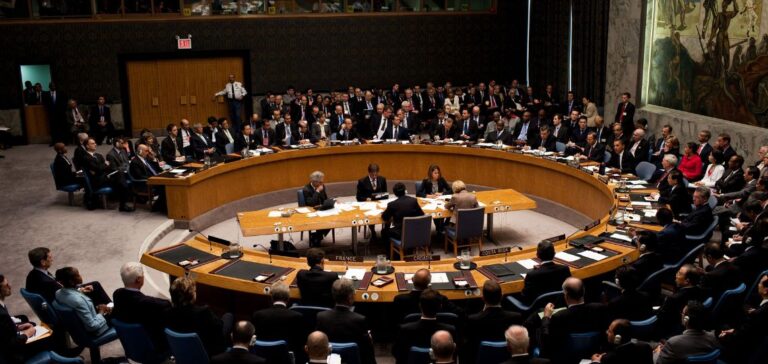In the face of escalating tensions between Guyana and Venezuela over the Essequibo, the UN Security Council has issued an urgent statement.
Council members expressed concern about the possibility of escalation, urging both nations to respect the provisional measures imposed by the International Court of Justice.
These measures, established in December 2023, require all parties to refrain from any action that might alter the status quo in the region.
Recent violations and their implications
Despite international directives, Venezuela held a controversial referendum a few days after the Court’s orders, seeking to annex the Essequibo.
This move was seen as a direct violation of the provisional measures and exacerbated tensions with Guyana.
The Security Council renewed its call for the conflict to be resolved by peaceful means, stressing the importance of maintaining regional peace and security.
Guyana defends its sovereignty
Guyana, asserting its authority over the Essequibo, maintains that the border established in 1899 is definitive and has been internationally recognized.
In response to Venezuela’s unilateral act, Guyana has stepped up its oil tenders in the region, reaffirming its sovereignty and right to exploit its natural resources.
The Essequibo, which forms a substantial part of Guyana’s territory and is home to around a fifth of its population, is an area rich in oil and other natural resources.
The stability of this region is crucial not only for the parties involved, but also for global energy security.
The Security Council stresses the importance of a total ban on the use of force in territorial disputes, in accordance with the United Nations Charter.






















